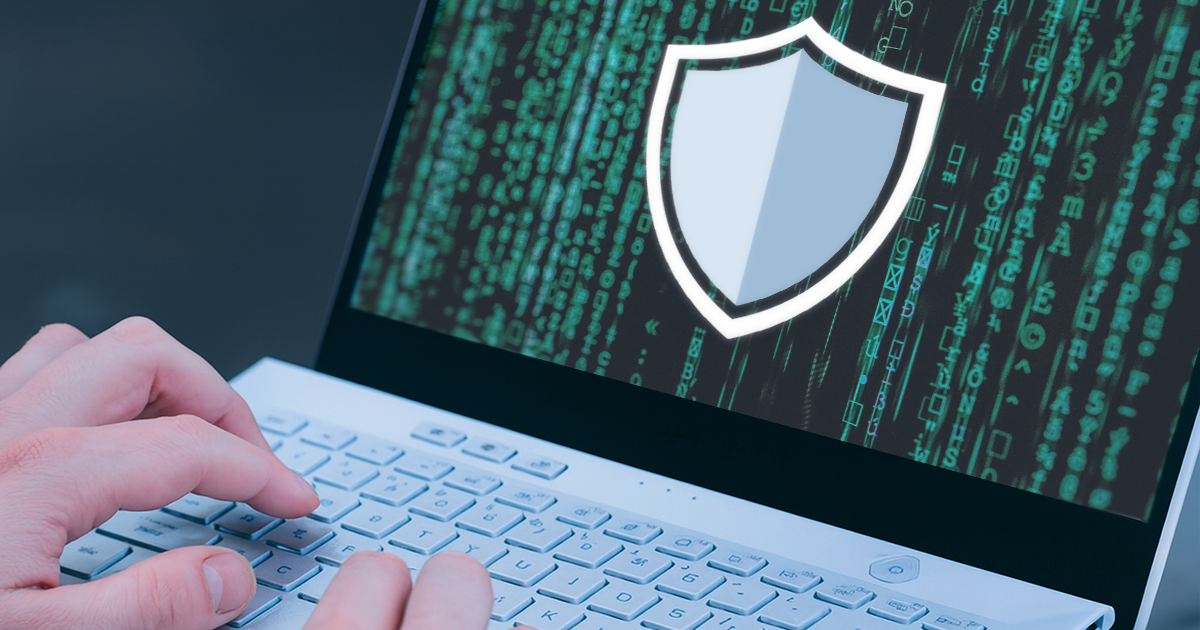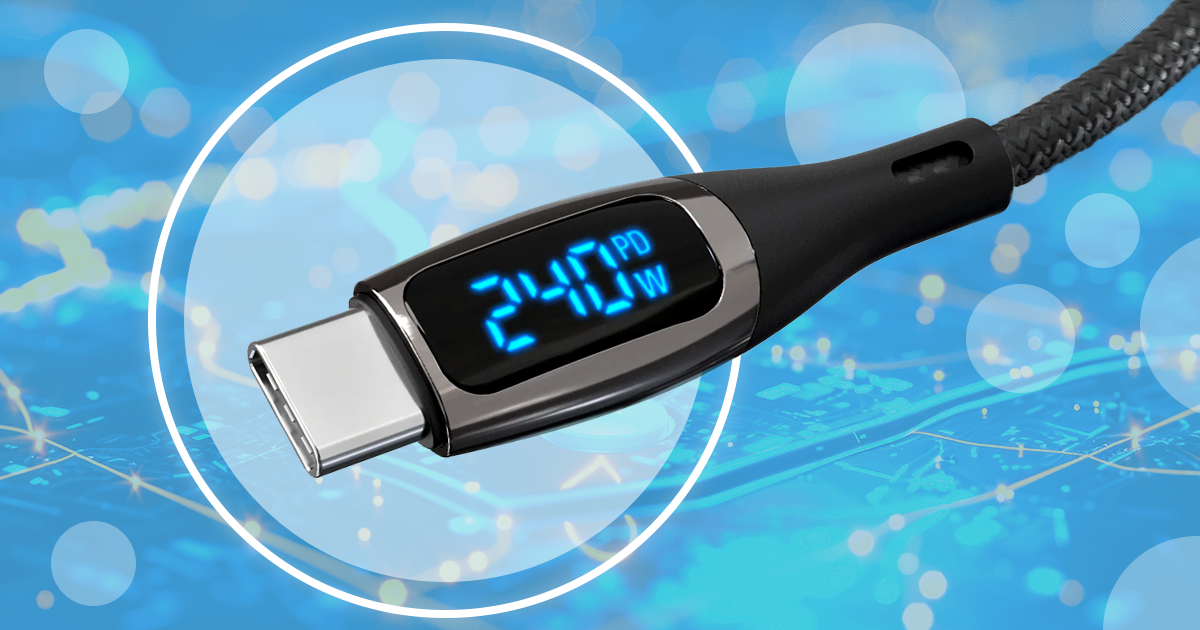Apple iCloud contains massive amounts of data, which may become highly valuable evidence. The oldest and most frequently mentioned are iCloud backups, which ElcomSoft were the first to extract back in 2012. A lot has changed since then. Today, iCloud backups account for a very minor part of the evidence available in iCloud. Learn what types of data are stored in iCloud, how Apple protects the data with end-to-end encryption, and how to access that valuable evidence with the updated Elcomsoft Phone Breaker.
WhatsApp remains one of the most popular instant messengers. With more than 1.5 billion users and about half billion daily active users, WhatsApp sends over 100 billion messages per day. WhatsApp is secure thanks to end-to-end encryption to make intercepted messages impossible to decrypt. While this is great news to consumers and privacy advocates, it is also bad news for the law enforcement. Once an expert accepts to access the suspect’s WhatsApp communication history, they will struggle with the encryption and demand for a vendor-provided backdoor (WhatsApp: The Bad Guys’ Secret Weapon).
In today’s world, everything is stored in the cloud. Your backups can be stored in the cloud. The “big brother” knows where you had lunch yesterday and how long you’ve been there. Your photos can back up to the cloud, as well as your calls and messages. Finally, your passwords are also stored online – at least if you don’t disable iCloud Keychain. Let’s follow the history of Apple iCloud, its most known hacks and our own forensic efforts.
Facebook-owned WhatsApp is the most popular instant messaging tool worldwide. Due to its point-to-point encryption, WhatsApp is an extremely tough target to extract.
iCloud sync is everywhere. Your contacts and calendars, system backups and photos can be stored in the cloud on Apple servers. This time, we discovered that yet another piece of data is stored in the cloud for no apparent reason. Using an iPhone and have an active iCloud account? Your calls will sync with iCloud whether you want it or not. In fact, most users we’ve heard from don’t want this “feature”, yet Apple has no official way to turn off this behavior other than telling people “not using the same Apple ID on different devices”. What’s up with that? Let’s try to find out.
We have recently released a brand new product, Elcomsoft Explorer for WhatsApp. Targeted at home users and forensic experts along, this Windows-based, iOS-centric tool offers a bunch of extraction options for WhatsApp databases. Why the new tool, and how is it different from other extraction options offered by Elsomsoft’s mobile forensic tools? Before we move on to that, let’s have a look at the current state of WhatsApp.


